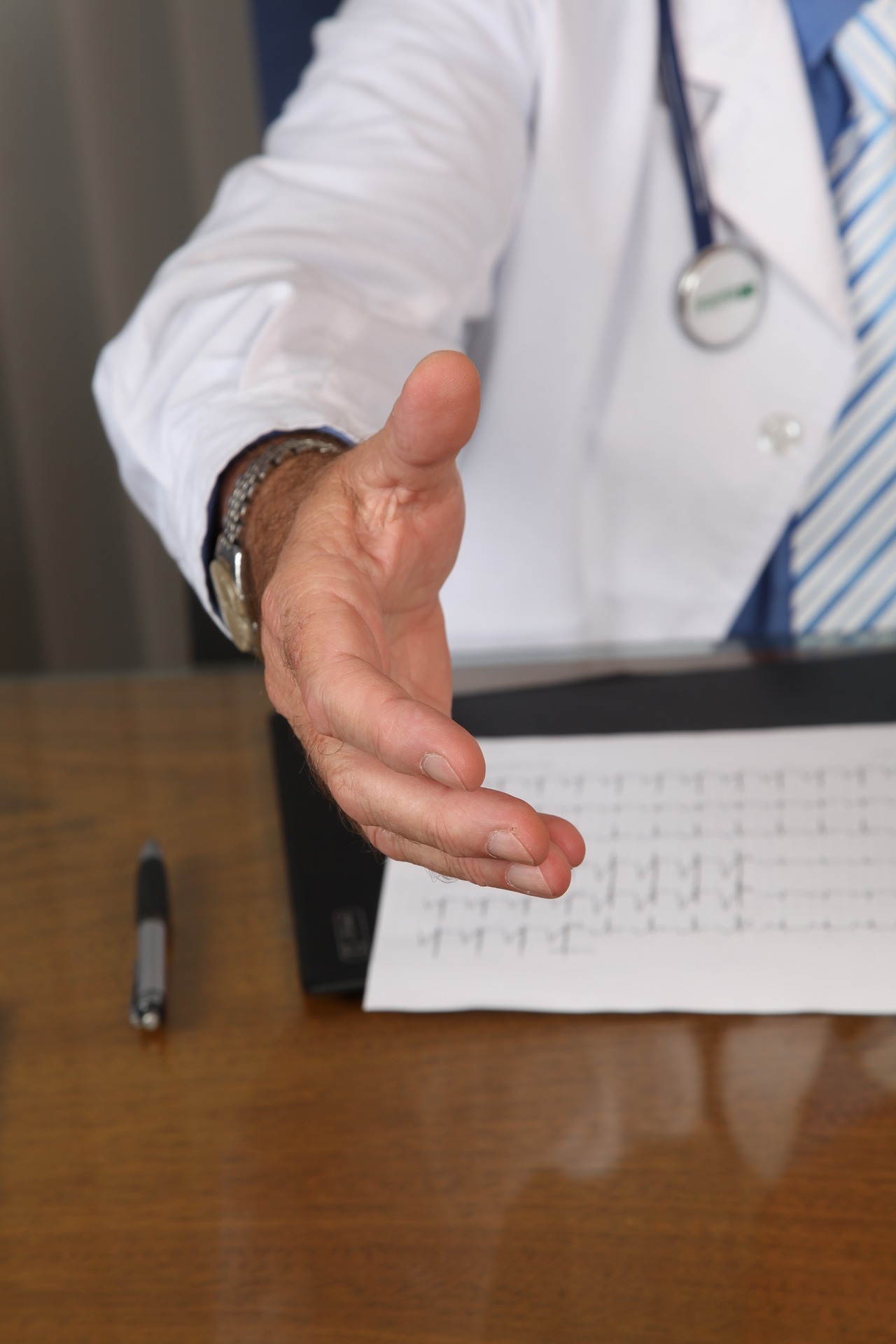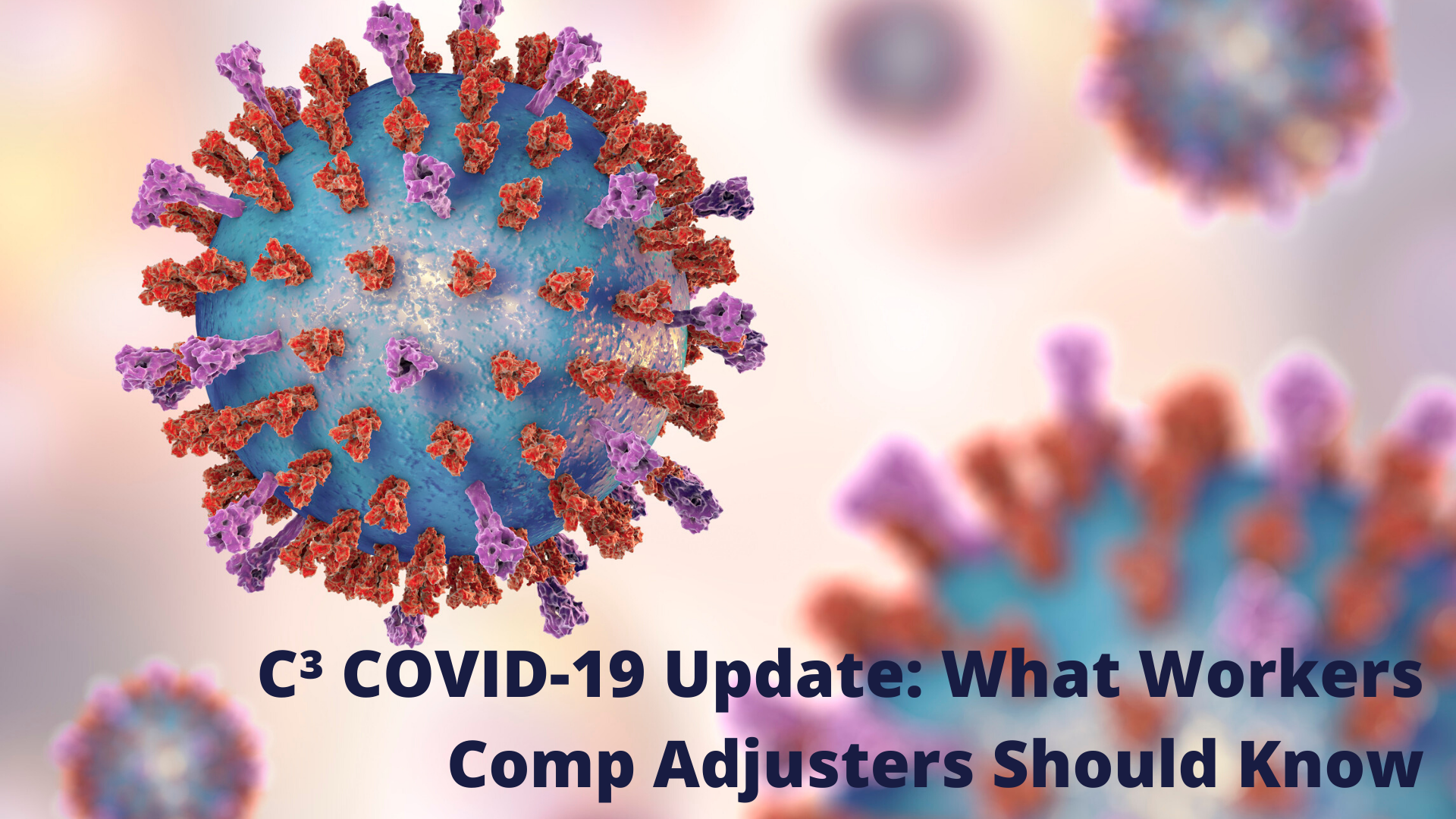As a result of the current COVID-19 epidemic, many adjusters and workers compensation professionals have been faced with determining compensability for this COVID-19 diagnosis. Those of us who deal with workers’ compensation claims regularly can argue any number of positions, including the issue of occupational disease as it is discussed in the statute.
As a general rule, and by statute in most jurisdictions, employees who have been exposed to an infectious disease that exists not only in their industry but outside of it historically have not been eligible for workers compensation benefits unless that disease is an incident to a compensable injury or occupational disease.
Today, many experts in our industry believe that the statutes will have to be modified given the current predicament of much of our healthcare workforce. For example, there are existing exceptions in Texas to the presumption that infectious diseases fall under the “ordinary disease of life” category. But those exceptions are limited by certain job titles, ie. peace officers, firefighters, first responders and emergency medical technicians). Labor Code section 504.055(b) applies only to a first responder who sustains a serious bodily injury, as defined by Section 1.07, Penal Code, in the course and scope of employment. For purposes of this section, an injury sustained in the course and scope of employment includes an injury sustained by a first responder providing services on a volunteer basis.
With all the turmoil surrounding the issue, adjusters may be uncertain about how to proceed with comp claims filed related to COVID-19 exposure or actual disease. Although some recent published articles speculate that the virus will eventually be considered an “Occupational Disease”, presently the burden of proof falls on the claimant if they wish to seek contribution for a COVID-19 diagnosis on the basis that it is an “occupational disease.”
It is crucial that any adjuster handling a workers compensation claim related to COVID-19 should consider the following factors, among others, in their adjudication:

- What is a work-related or occupational illness?
- When was the illness was contracted was the employee performing job functions?
- Was the exposure to the illness specific to work?
- Do coworkers have similar symptoms?
- Were the onset and timing of the symptoms related to work?
- How widespread is the illness? Is it in the general community?
If the disease is one that can be contracted outside the workforce, such as the regular seasonal flu, then the injury currently is not compensable under the statute and regulations.
With hundreds of thousands of COVID-19 cases reported in the US alone, adjusters may have no choice but to deny any claims related to COVID-19 given the specific parameters identified in the statute that stipulate any disease that can be contracted outside the workforce is not a direct and provable result of an occupational hazard.
In Texas, Gov. Abbott made an emergency declaration that has effectively suspended the statute relative to presumption:
“On March 13, 2020, Governor Greg Abbott declared COVID-19 a statewide public health disaster. The Division of Workers’ Compensation (DWC) is monitoring the latest developments on COVID-19 and the recommended social distancing measures as we consider the potential impact it may have on the delivery of benefits in the Texas workers’ compensation system. This bulletin is in effect for the duration of the governor’s COVID-19 declaration, or until further notice from DWC.
Governor Abbott approved DWC’s request to suspend the following requirements:
- Work search compliance standards for supplemental income benefits under Labor Code Section 408.1415(a) and 28 Texas Administrative Code Section 130.102(d);
- Testing, training, and application requirements for designated doctor and maximum medical improvement and impairment rating recertification under 28 TAC Sections 127.110(b)(1) and (3), 127.110(d), and 180.23; and required medical exams under 28 TAC Section 126.6(a).
This suspension is limited to the duration of the declared disaster, which puts the adjustment of workers compensation claims in a somewhat precarious position in the meantime.
It is the opinion of the legal theorists consulted for this article that each case should be reviewed on a case-by-case basis. Clearly, if an emergency medical technician or peace officer contracts COVID-19 then the issue is fairly straightforward given the current literature available. However, it is not clear if this presumption applies to an administrative employee that does not have specific contact with a front line individual.
Although the statutes may be changed/modified in the near future to accommodate health anomalies such as COVID-19, adjusters should proceed as planned when it comes to adjudicating claims based on this diagnosis. Because the statute may change and exceptions may be made, workers comp adjusters can only operate under the current rules and regulations set forth by the various governing bodies.
In any case, a detailed investigation needs to be pursued when adjudicating claims related to a COVID-19 diagnosis. In Texas, we suggest that the proper forms be submitted (PLN-15) in order to extend the amount of time available without having to pay benefits so that a thorough and complete investigation can be obtained. In other jurisdictions, we suggest contacting your legal counsel as early as possible to determine the most prudent course of action in addressing these workers compensation issues.
As always, feel free to call the medical experts at C³ at (512) 519-9069 or email info@comp-consultants.com if you have any questions about how to handle workers compensation claims related to COVID-19.

